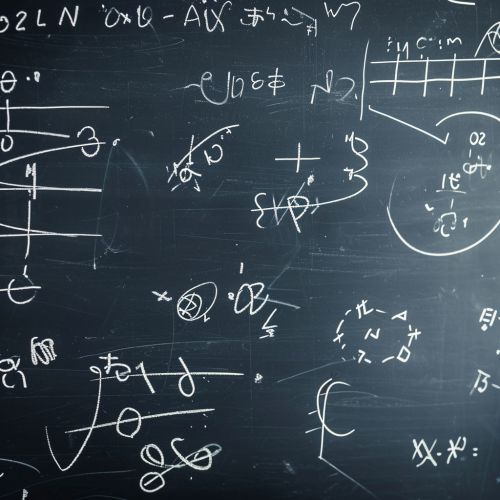Second-Order Logic
Introduction
Second-order logic is a collection of logical systems, extending first-order logic, which itself is an extension of propositional logic. Second-order logic is most commonly associated with the study of semantics in the field of logic. Unlike first-order logic, second-order logic is not semantically complete and its proof theory is not sound.
Overview
In the context of mathematical logic, second-order logic is an extension of first-order logic. While first-order logic quantifies only variables that range over individuals, second-order logic, in addition, quantifies over sets. That is, in second-order logic, you can have quantifiers that range over properties of, or relations between, these individuals.
Syntax
The syntax of second-order logic is an extension of first-order logic. In addition to the logical symbols of first-order logic, second-order logic includes a second type of variable that ranges over sets of individuals, and quantifiers that bind these variables.
Semantics
The semantics of second-order logic is more complex than that of first-order logic. The standard semantics, also known as full semantics, interprets second-order variables as ranging over all sets of individuals, while Henkin semantics, named after Leon Henkin, interprets second-order variables as ranging over some collection of sets that may not include all sets of individuals.
Proof Theory
The proof theory of second-order logic is more complex than that of first-order logic. Unlike first-order logic, second-order logic is not semantically complete. That is, there are valid sentences in second-order logic that are not provable.
Applications
Second-order logic has been applied in a variety of fields, including mathematics, philosophy, computer science, and linguistics. In mathematics, second-order logic is used to formalize concepts in set theory and arithmetic. In philosophy, second-order logic is used in the study of metaphysics and philosophy of language. In computer science, second-order logic is used in the study of type theory and formal semantics. In linguistics, second-order logic is used in the study of syntax and semantics.
Criticisms
Despite its applications, second-order logic has been subject to several criticisms. Some logicians argue that second-order logic is not a genuine form of logic, as it lacks several properties that are typically associated with logical systems, such as compactness and the Löwenheim–Skolem theorem. Others argue that second-order logic is not a genuine form of logic, as it is not semantically complete.


